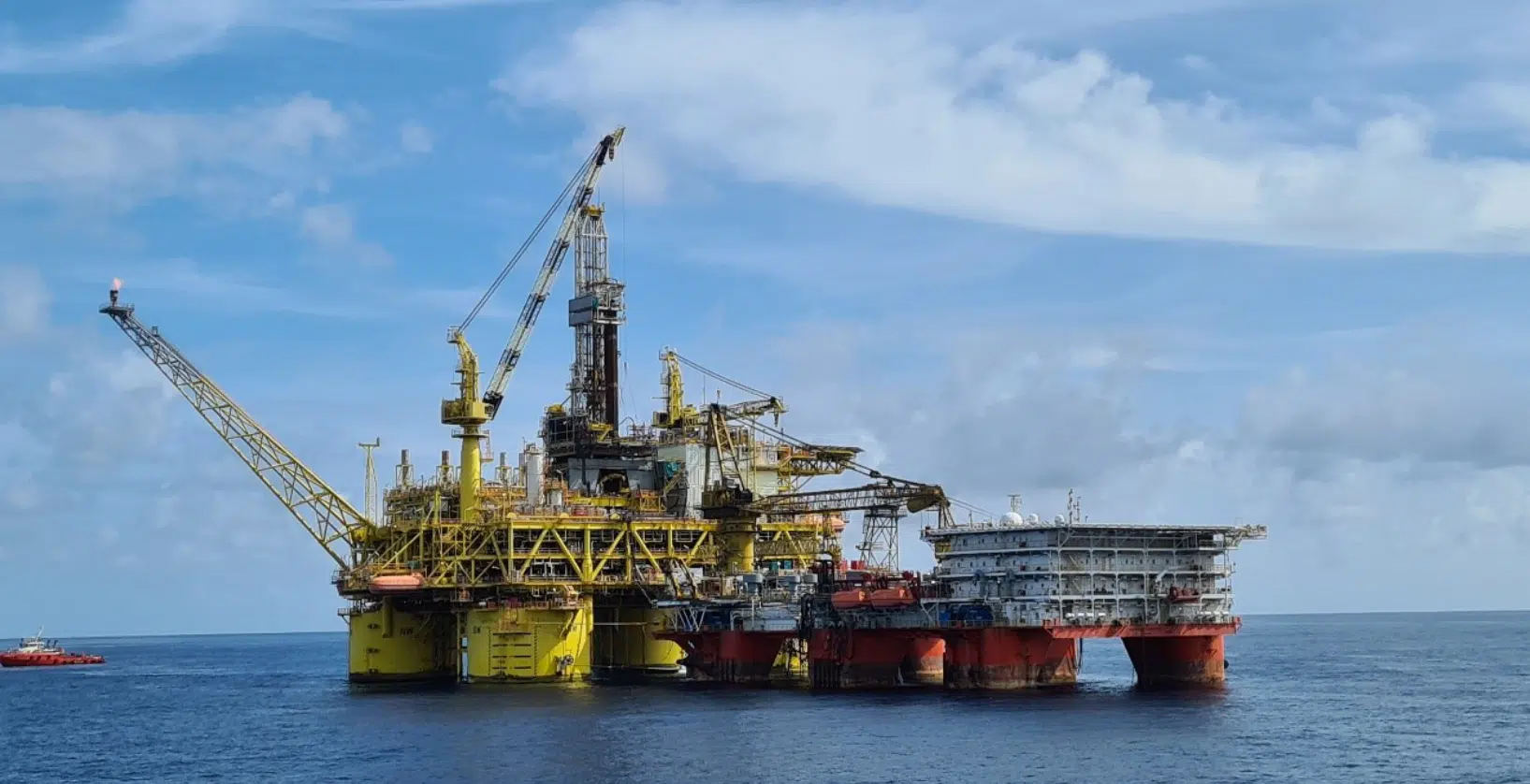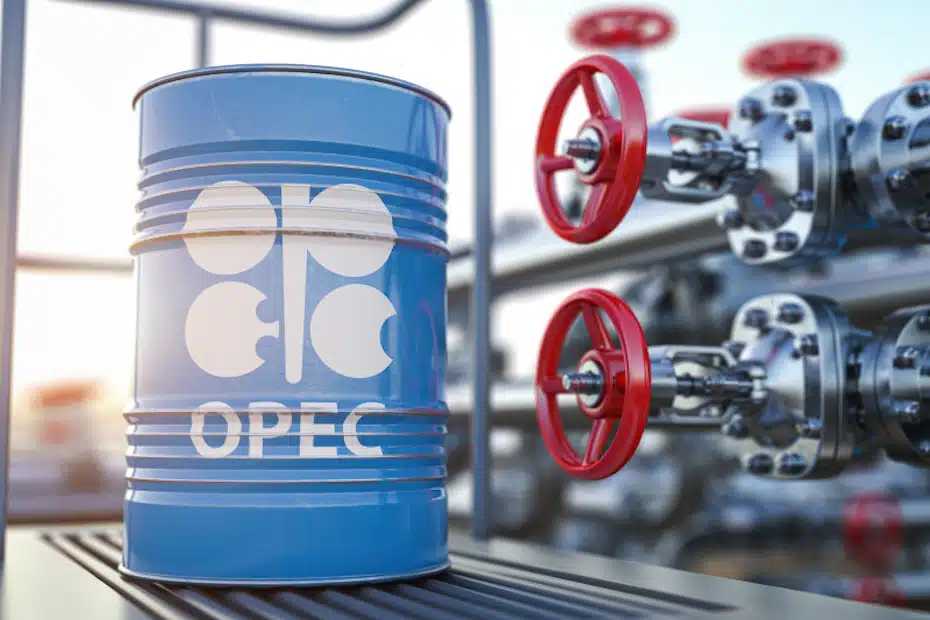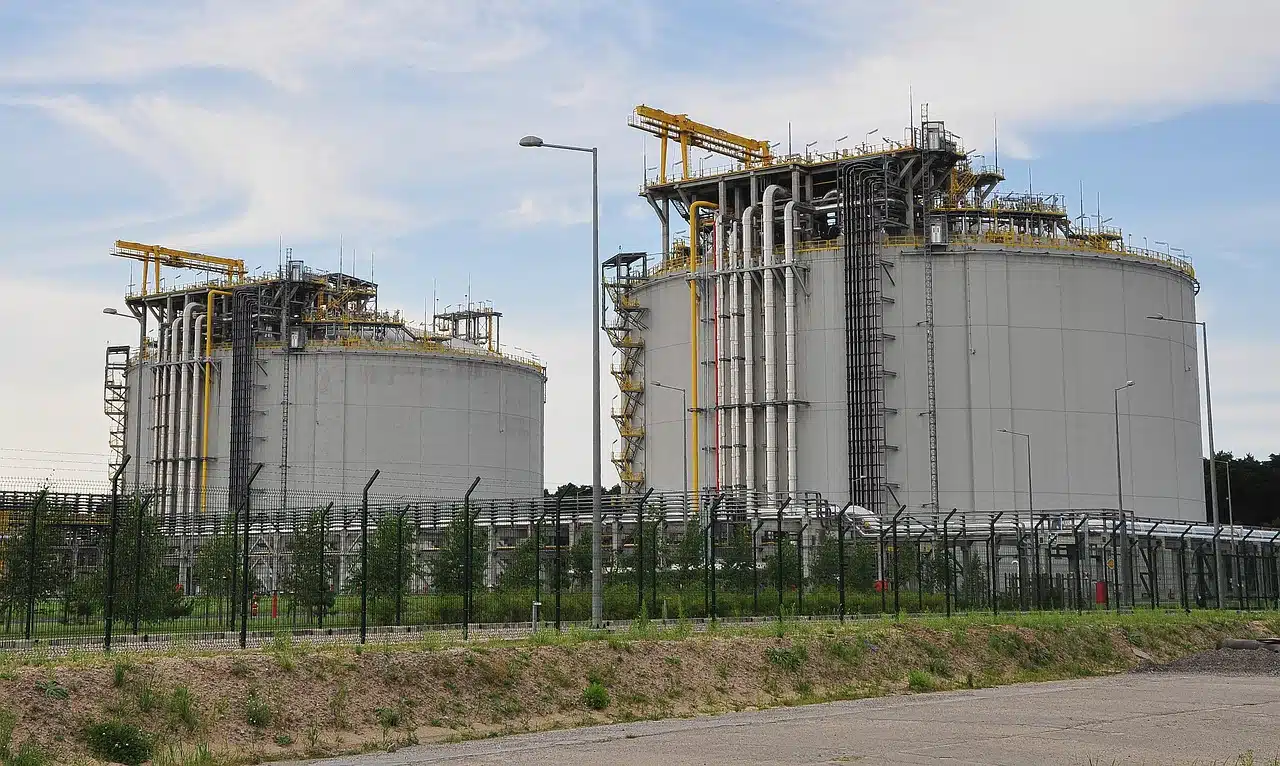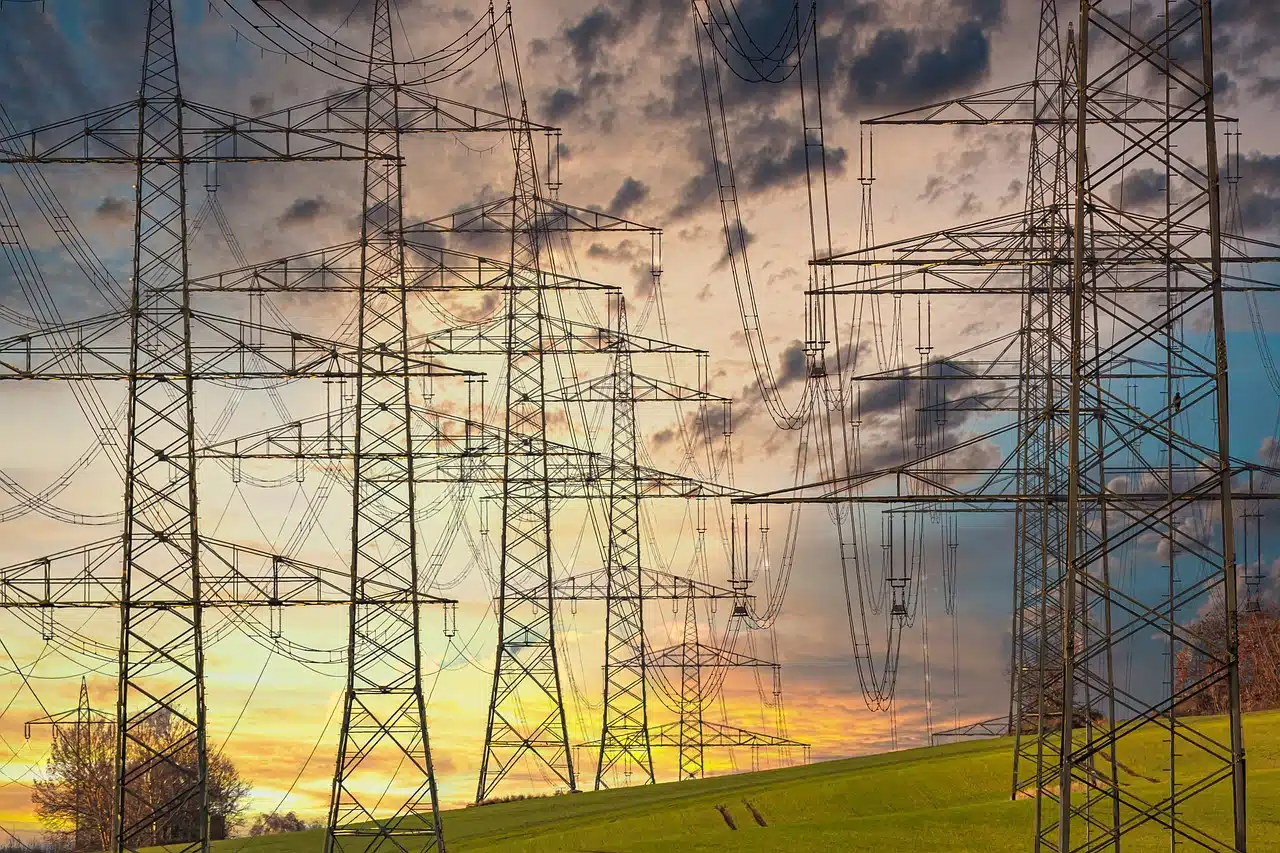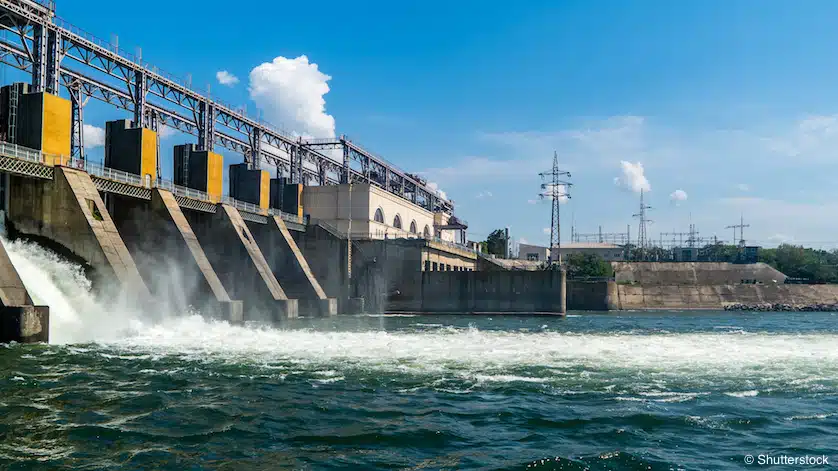Sudan has lifted the force majeure on crude oil transport from South Sudan to Port Sudan, ending a nearly year-long suspension caused by the country’s ongoing conflict.
The announcement was made in a letter dated January 4, 2025, from Sudan’s Ministry of Energy and Petroleum to its South Sudanese counterpart.
The force majeure was declared in March 2024 after the main pipeline carrying South Sudanese oil to the Red Sea coast was disrupted by the civil war between Sudan’s army and the insurgent Rapid Support Forces (RSF).
In the letter, Sudan’s Minister of Energy and Petroleum, Mohiedienn Naiem Mohamed Saied, confirmed the decision.
“We are hereby lifting the force majeure,” Saied wrote to South Sudan’s Minister of Petroleum, Puot Kang Chol, citing improved security conditions and new arrangements with Juba and BAPCO, the company operating the pipeline.
An official from Sudan’s energy ministry verified the authenticity of the letter, which also highlighted agreements ensuring the safe flow of oil through the Petrodar pipeline.
Resumption of operations
The Petrodar pipeline, a critical infrastructure established by a consortium including China’s CNPC, Sinopec, and Malaysia’s Petronas, runs over 1,500 kilometers (932 miles) from South Sudan’s Melut Basin to Port Sudan. Another pipeline transports crude from Unity State in South Sudan to the same export terminal.
South Sudan pumps approximately 150,000 barrels per day of crude oil through Sudan under agreements made after its independence in 2011.
Last month, South Sudan’s Ministry of Petroleum issued a tender offering January crude cargoes, signaling efforts to maintain its oil exports despite regional instability.
Sudan plunged into civil war in April 2023, creating what the United Nations describes as the world’s largest internal displacement crisis. The fighting has caused significant disruptions to critical infrastructure, including oil pipelines vital to both Sudan’s and South Sudan’s economies.

